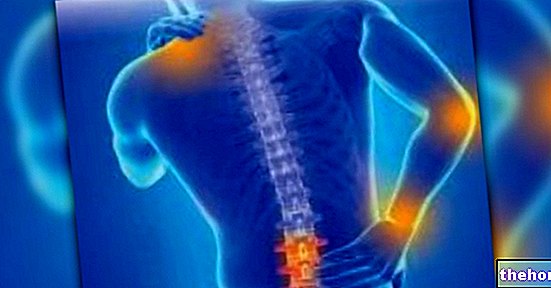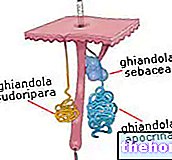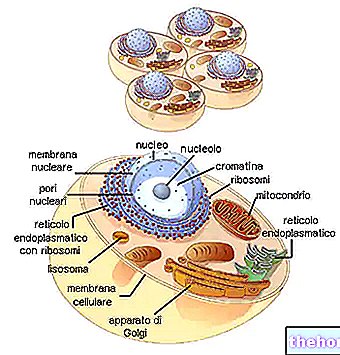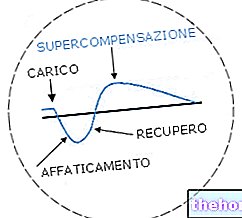Gastric juice is a semi-transparent and hypotonic liquid compared to plasma, strongly acidic and odorless.

Gastric juice is made up of a heterogeneous set of substances, such as water, hydrochloric acid, bicarbonates, mucus, sodium, potassium, intrinsic factor and digestive enzymes such as pepsin, gastric lipase, gelatinase and rennin.
- Hydrochloric acid: it is present in the gastric juice in very high concentrations, such as to make the environment particularly acid (pH 1.5 / 3). Its presence facilitates the action of pepsin, while it hinders salivary amylase (ptyalin) up to to inhibit it. Hydrochloric acid also has a valuable antimicrobial effect.
- Mucus and bicarbonate ions: protect the mucous membrane of the stomach from the strong acidity of gastric juices.
- Pepsin: secreted as an inactive precursor, pepsinogen, it intervenes in the digestion of proteins. The activation of the pepsinogen (or rather of the pepsinogens) is entrusted to the hydrogen ions (H +) of the hydrochloric acid and to the newly formed pepsin.
- Gastric lipase: enzyme intended for the digestion of dietary lipids, but which has a low activity due to the environmental conditions in which it is forced to operate.
- Gelatinase: is a proteolytic enzyme with an action mainly aimed at the hydrolysis of gelatin.
- Rennina: typical of the infant, it causes milk proteins to coagulate, facilitating the action of pepsin.
- Intrinsic factor: glycoprotein essential for the correct absorption of vitamin B12, which occurs in the final tract of the small intestine (called ileum).
The chemical work of the gastric juice is facilitated by the contractile activity of the muscular layer of the stomach, which causes a continuous mixing of the ingested food, promoting the action of enzymes.
The various components of the gastric juice are not secreted all together, but their synthesis is entrusted to specialized cells:
- the main or peptic cells are responsible for the secretion of pepsinogen and gastric lipase;
- parietal (oxintic) cells secrete hydrochloric acid and intrinsic factor;
- the mucous cells of the collar secrete mucin (the most important protein in mucus) and bicarbonate.
When the concentration of hydrochloric acid in the gastric juices is low or even absent (hypochlorhydria / achlorhydria), the body is subject to an increased risk of infections of the gastro-intestinal tract; often there is also a lack of vitamin B12, due to lack of secretion of intrinsic factor, and the onset of dyspepsia (difficult digestion), with symptoms similar to those caused by reflux disease.
On the other hand, when gastric juices are excessively acidic, as occurs in Zollinger-Ellison syndrome, the defenses of the gastric mucosa can be overwhelmed, with the appearance of gastric ulcers. The same result can also be obtained in perfectly healthy patients, with normal acidity of the gastric juice, but who make extensive use of some non-steroidal anti-inflammatory drugs (such as aspirin, ketoprofen, indomethacin and piroxicam). These medicines, in fact, decrease the natural defenses of the stomach against gastric juices, increasing the susceptibility to gastric damage.




























